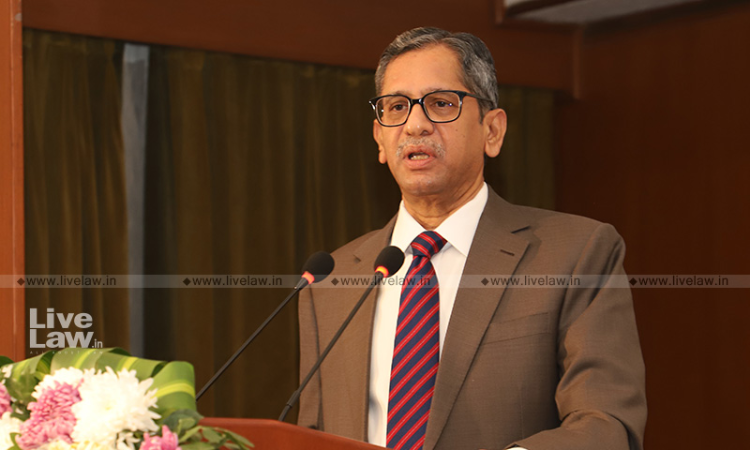While speaking on the issue of filling up of judicial vacancies and increasing the sanctioned strength of judges, the Chief Justice of India NV Ramana on Saturday said that he hoped that the High Courts will expedite the process of sending the proposals to the government to fill the remaining 212 judicial vacancies.It may be noted that recently, the Union Law Minister had told the Parliament...

